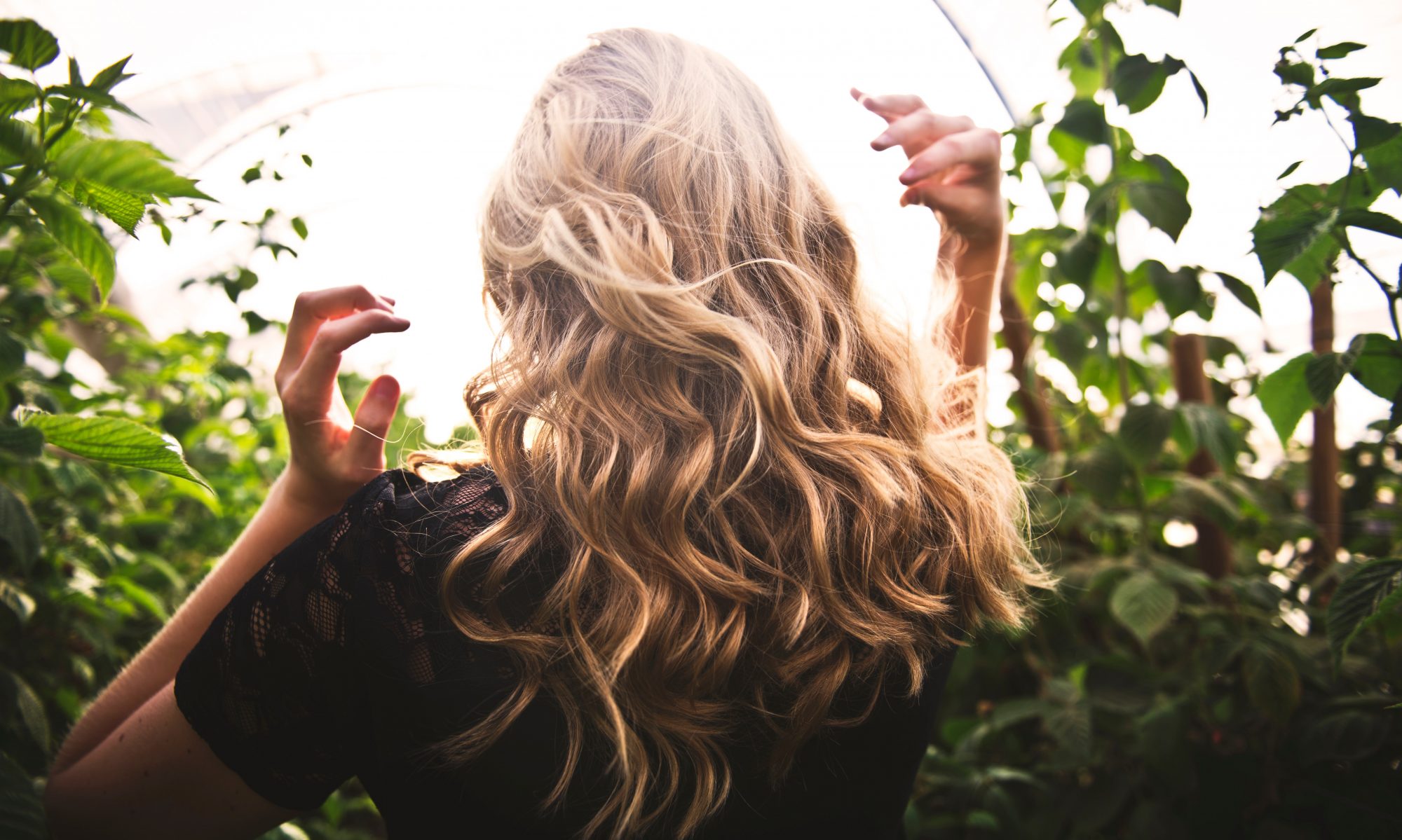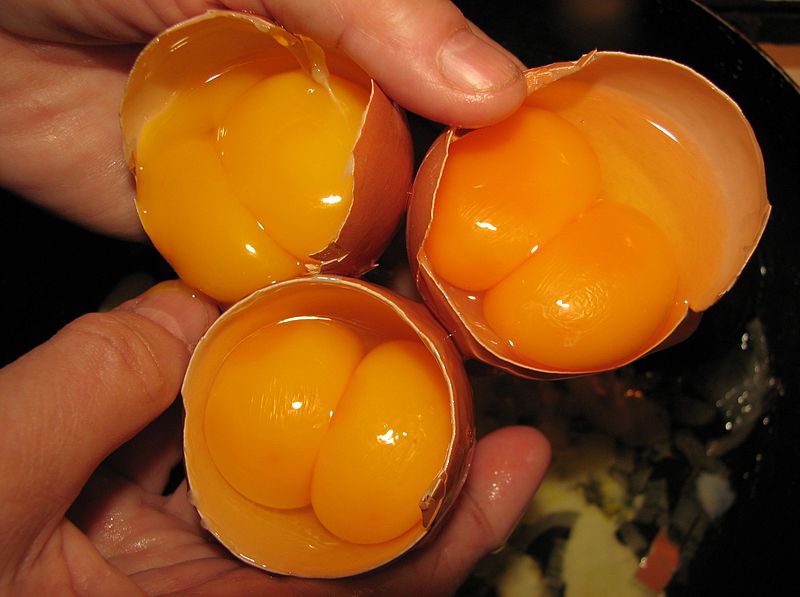1. Set It & Forget It Syndrome
(Yes, I’ve seen a lot of infomercials in my day). For many naturals, especially those transitioning, wigs and weaves are a go-to style. Unfortunately, some of us become so concerned with the hair on the outside that we forget allllllll about the hair underneath. By far, wigs are the best protective style to wear. But all that protection is for naught if your actual hair becomes dry, brittle, and breaks from neglect. Even worse (and more gross), dirt, sweat and other moisture can become trapped under wigs and weaves and have your scalp smelling like death. So even if you do decide to go the full coverage route, please make time to take care of your natural hair underneath. How frequently you wash, condition, and re-moisturize your hair depends on how much you sweat, among other factors.
2. Shoddy Wash Jobs
The whole point of cleansing hair and scalp is to make sure they’re well, clean…right? If you have already made up your mind to cleanse your hair and scalp — whether it be via co-wash, shampoo, sulfate, sulfate-free, apple cider vinegar, baking soda, Aztec healing clay, or anything else — be sure to do a thorough job. While it is important to remove buildup from your hair, getting the buildup off of your scalp is equally as important. If you always co-wash, or use a lot of silicone products that are prone to building up, clarifying your hair and scalp regularly is especially important; so as to not suffocate the follicles. How to best accomplish both without totally stripping your hair is totally up to you…and your hair!
3. Skimming on the Conditioner
I was also guilty of this one, especially since I began co-washing with the awesomely luxurious Aussie Moist. I figured since I was washing my hair with conditioner, I didn’t need to waste more time conditioning it. There was nothing particularly wrong with my logic per-se, but I did notice that I had to re-moisturize my hair quite frequently. Then a few weeks ago it dawned on me, that maybe I should try conditioning my hair for added moisture retention. I began slathering my co-washed tresses with Shea Moisture’s Raw Shea Restorative Conditioner and haven’t looked back since. My hair is softer, smoother, and I am not re-moisturizing nearly as frequently. If you moisturize and seal after your co-washes and you are still having trouble retaining moisture, this could be your culprit. If regular conditioning isn’t doing it for you, kick it up a notch to deep conditioning or add your favorite oils to your current product and see what happens!
4. Half-Hearted Detangling
This one scares me the most. I try to detangle, co-wash, and condition my hair weekly but sometimes, I do it a little more frequently. My hair likes to tangle itself just for funsies, and I am deathly afraid that I’ll randomly wake up one morning with one giant dred. I say all this to say — if you’re going to detangle your hair, do it right. Be thorough. If you use a wide tooth comb, make sure that comb is able to get through all sections of your hair. If you finger detangle, be especially meticulous. Don’t do a rush job because you’re tired, or don’t have enough time. If you don’t relish cutting knots and chunks of un-detangleable hair off of your hair, commit to quality detangle time. Grab a season of Family Guy or turn on a Law & Order SVU marathon (my personal preferences), and get going.
5. Not Covering Hair at Night
I used to be suuuuuuuuper guilty of this one. Sometimes, you’re just so beat at the end of the day that taking the two, five, ten or twenty minutes required to protect your hair in a scarf or bonnet seems to be an impossible task. Or maybe you just perfected your wash n’ go routine and want to make sure your curls stay poppin’ for the rest of the week. If you’re like me, you probably are so exhausted that you nodded off in the middle of reading or writing, and didn’t realize it until the next morning. We already know the dangers of sleeping on cotton pillowcases with our hair unprotected — dryness and breakage city. If you’re prone to passing out some nights without protecting your hair, the best investment you could make is in a satin pillowcase.
Original Article via: http://blackgirllonghair.com/2012/09/5-lazy-natural-hair-habits-that-cause-breakage/
Related articles
- How to Take Care of Your Hair: Brushing, Washing, and Drying (homemadehaircaretips.wordpress.com)
- 4 Top Homemade Hair Remedies Today (homemadehaircaretips.wordpress.com)
- 10 Top Ways to Cure Dry Hair (homemadehaircaretips.wordpress.com)


















 Having dandruff can be a really big problem. Aside from the fact that dandruff can be very inconvenient, it can also cause embarrassment for some. This is the reason why there are people out there who will do everything just to get rid of their dandruff. Facing dandruff is no longer a foreign concept. It is actually natural because the pushing of old dead skins off is a natural course of the
Having dandruff can be a really big problem. Aside from the fact that dandruff can be very inconvenient, it can also cause embarrassment for some. This is the reason why there are people out there who will do everything just to get rid of their dandruff. Facing dandruff is no longer a foreign concept. It is actually natural because the pushing of old dead skins off is a natural course of the